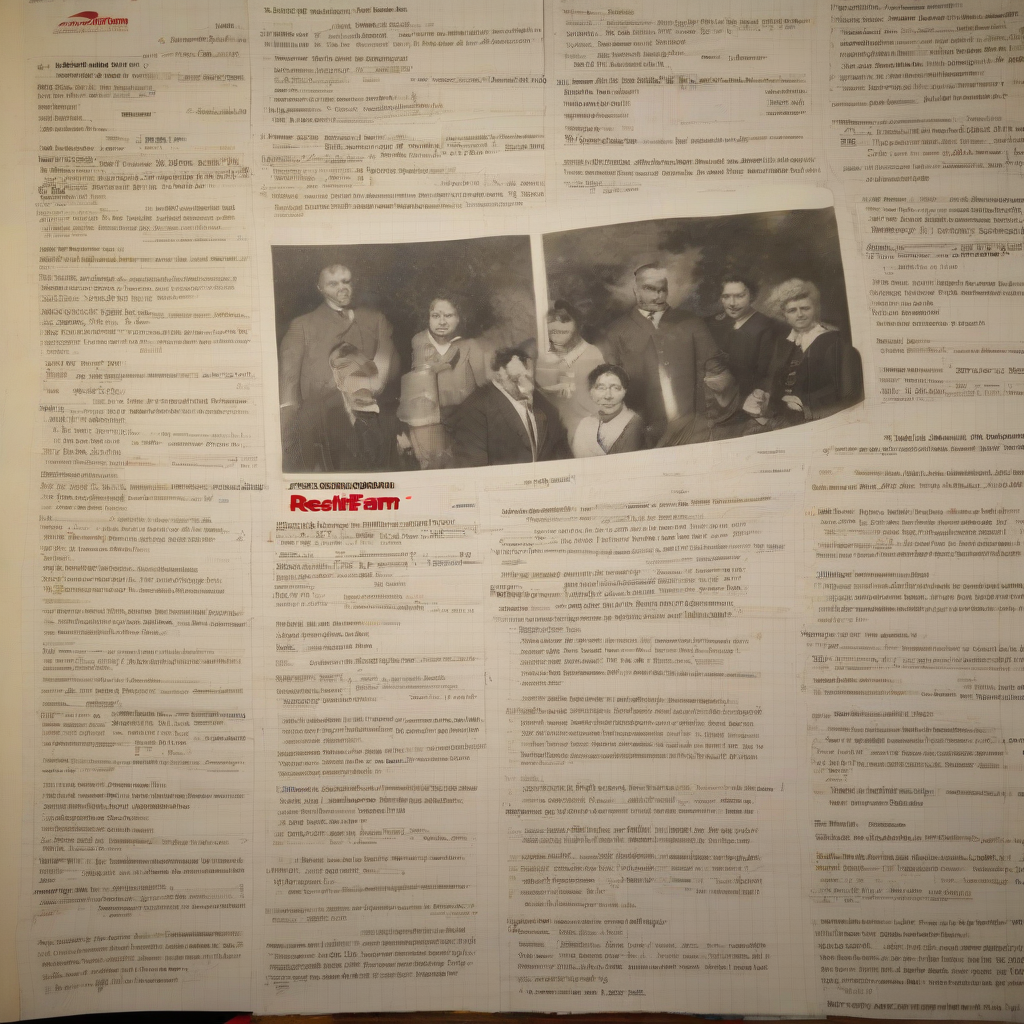Navigating State Farm Home Insurance Claims: A Comprehensive Guide
Filing a home insurance claim can be a stressful experience, but understanding the process can significantly ease the burden. This guide provides a detailed walkthrough of navigating State Farm home insurance claims, from initial reporting to final settlement. We’ll cover various scenarios, potential pitfalls, and tips to ensure a smooth claim process.
Understanding Your State Farm Home Insurance Policy
Before filing a claim, it’s crucial to thoroughly review your State Farm home insurance policy. This document outlines your coverage, deductibles, and the claims process. Key aspects to understand include:
- Covered Perils: What events are covered under your policy (e.g., fire, wind damage, theft)?
- Coverage Limits: The maximum amount State Farm will pay for specific types of losses.
- Deductible: The amount you’re responsible for paying before State Farm begins coverage.
- Claim Reporting Procedures: The steps involved in reporting a claim, including contact information and deadlines.
- Documentation Requirements: What documentation you’ll need to provide to support your claim (e.g., photos, receipts).
Reporting Your State Farm Home Insurance Claim
Once you’ve experienced a covered loss, promptly report your claim to State Farm. The sooner you report, the quicker the process can begin. You can typically report a claim through several methods:
- Online: Many insurance companies, including State Farm, offer online claim reporting portals for added convenience.
- Phone: Calling State Farm’s customer service number is another common method for reporting a claim. Be prepared to provide details about the incident and your policy information.
- Mobile App: State Farm often provides a mobile app where you can report claims, track progress, and communicate with your adjuster.
When reporting your claim, provide accurate and detailed information about the incident, including:
- Date and time of the incident.
- Location of the damage.
- Description of the damage.
- Any witnesses to the event.
- Photos or videos of the damage (if possible).
Working with Your State Farm Adjuster
After reporting your claim, State Farm will assign a claims adjuster to investigate the damage and determine the extent of coverage. Your adjuster will be your primary point of contact throughout the claims process. It is crucial to cooperate fully with your adjuster by:
- Providing all requested documentation promptly. This may include photos, videos, receipts, and repair estimates.
- Scheduling an inspection of the damaged property. The adjuster will need to assess the damage firsthand.
- Answering questions honestly and thoroughly. Accurate information is vital for a fair and efficient claims settlement.
- Keeping detailed records of all communications. This includes dates, times, and summaries of conversations.
Understanding the Claim Adjustment Process
The claim adjustment process typically involves several steps:
- Initial Investigation: The adjuster will review the claim information and conduct an inspection of the damaged property.
- Damage Assessment: The adjuster will assess the extent of the damage and determine the cost of repairs or replacement.
- Coverage Determination: The adjuster will determine what portion of the damage is covered under your policy.
- Settlement Offer: Based on the damage assessment and coverage determination, the adjuster will make a settlement offer.
- Negotiation (if necessary): If you disagree with the settlement offer, you may have the opportunity to negotiate with the adjuster.
- Payment: Once an agreement is reached, State Farm will issue payment for the covered damages.
Common Claim Scenarios and Considerations
Different types of home damage present unique challenges. Here are some common scenarios and important considerations:
- Fire Damage: Requires extensive documentation, including photos, repair estimates from contractors, and potentially a detailed inventory of lost possessions. Temporary living expenses may also be covered.
- Water Damage: Identifying the source of the damage is crucial. Mold remediation may be a significant part of the claim.
- Wind Damage: Proof of the wind event (e.g., weather reports) is important, as is documentation of damage to your property and any neighboring properties.
- Theft: A police report is typically required, along with a detailed inventory of stolen items, including purchase receipts or appraisals if available.
- Vandalism: Similar to theft, a police report is necessary. Documentation of the damage and estimates for repairs are essential.
Dealing with Delays and Disputes
Sometimes, the claims process can be delayed or lead to disputes. If you encounter issues, consider these steps:
- Maintain clear and consistent communication with your adjuster.
- Keep detailed records of all communications and documents.
- Review your policy thoroughly to understand your rights and coverage.
- If you are dissatisfied with the settlement offer, consider seeking assistance from a public adjuster or attorney.
- Understand the appeals process within State Farm.
Tips for a Smooth Claims Process
To ensure a smoother claims experience, consider these proactive steps:
- Maintain accurate and up-to-date records of your belongings. This is invaluable in the event of theft or damage.
- Take photos and videos of your home and possessions regularly. This provides crucial documentation in the event of a claim.
- Keep your policy information readily accessible. This includes your policy number and contact information.
- Understand your deductible and coverage limits before an incident occurs.
- Communicate promptly and effectively with State Farm throughout the claims process.
Additional Resources
For further assistance, consider these resources:
- State Farm’s website: Provides online resources and FAQs about their claims process.
- Your State Farm agent: Your local agent can provide personalized support and guidance.
- Public adjusters: Independent professionals who can help navigate the claims process.
- Insurance attorneys: Legal professionals specializing in insurance disputes.
Conclusion (omitted as per instructions)
